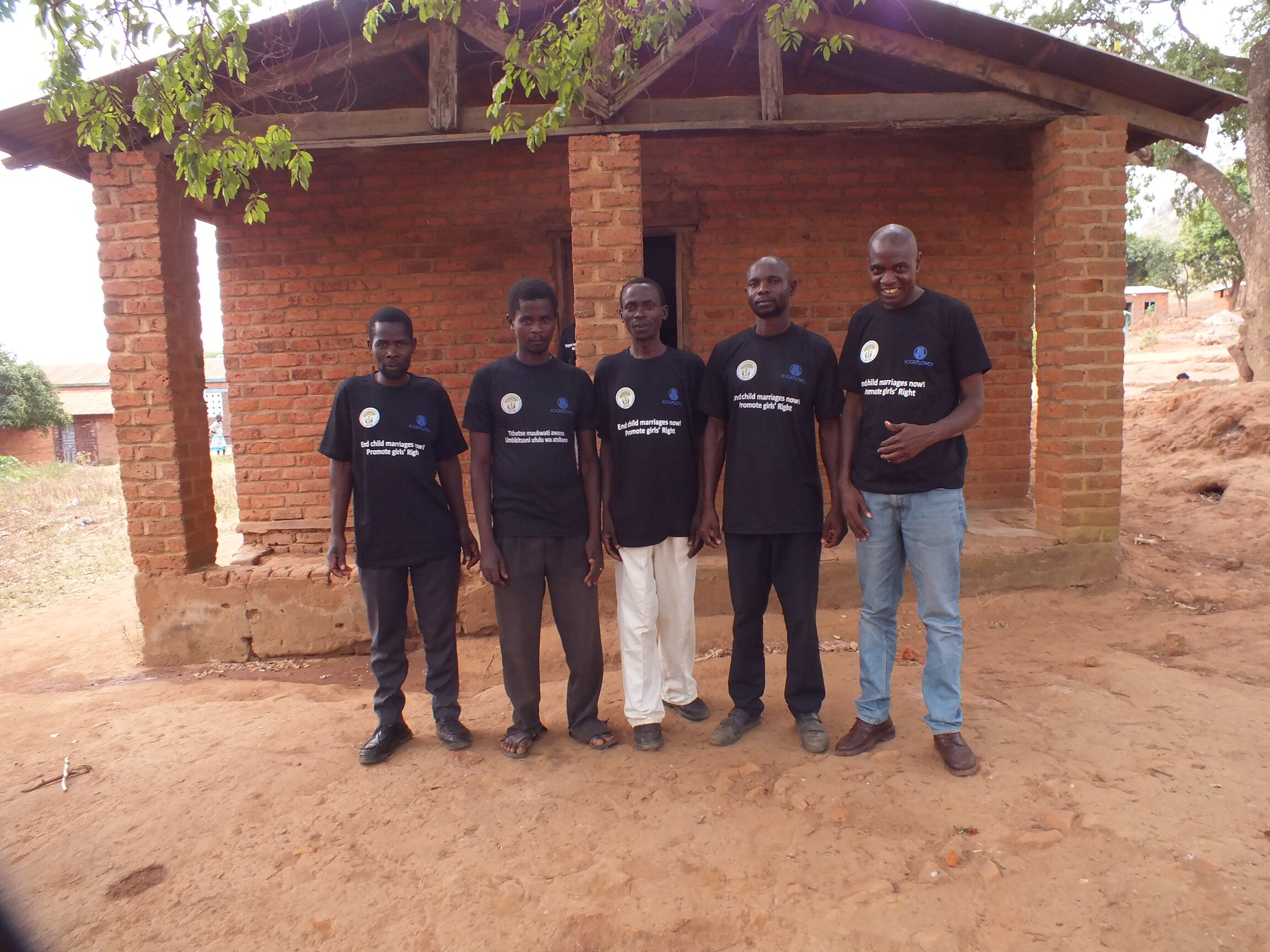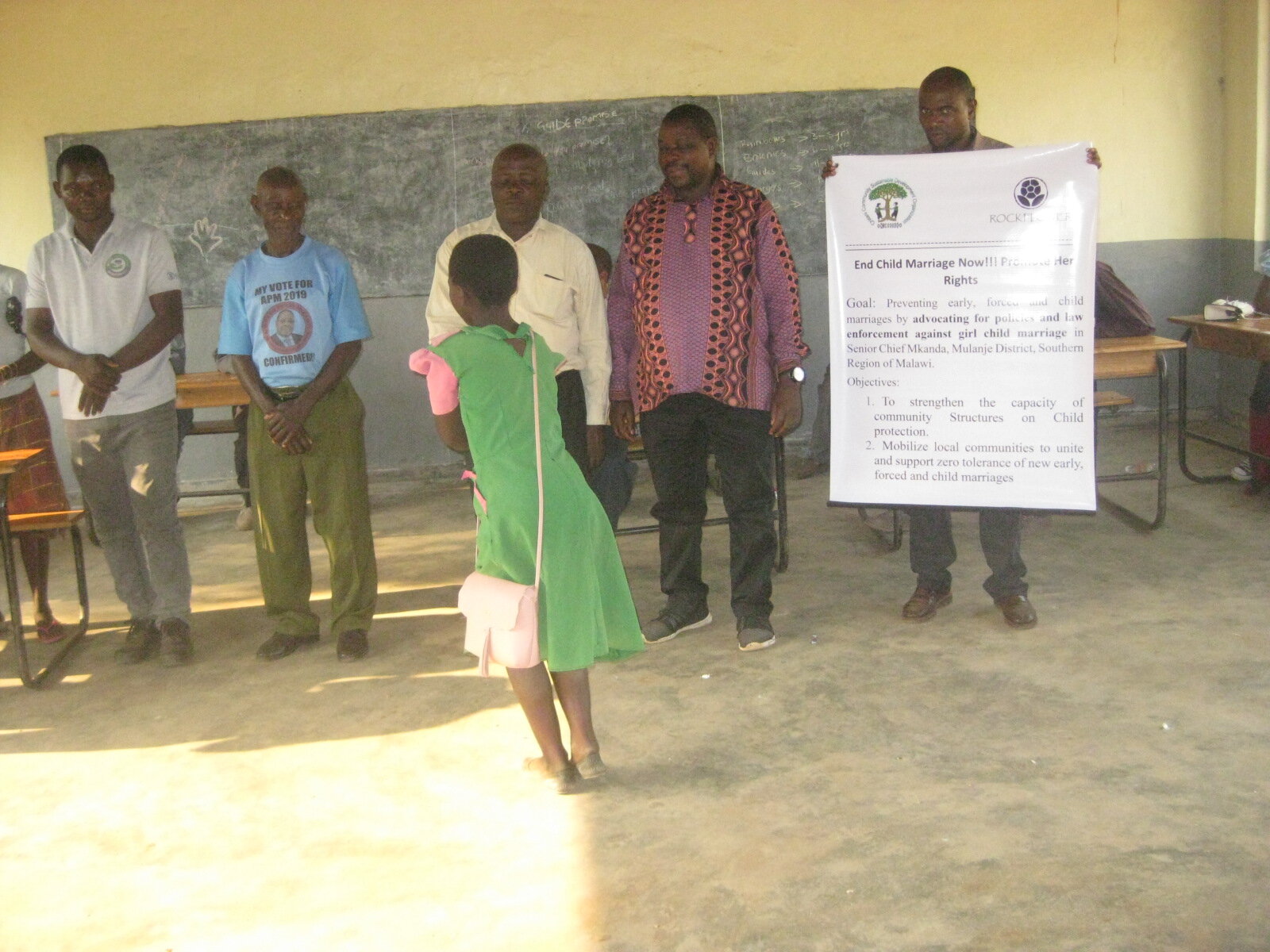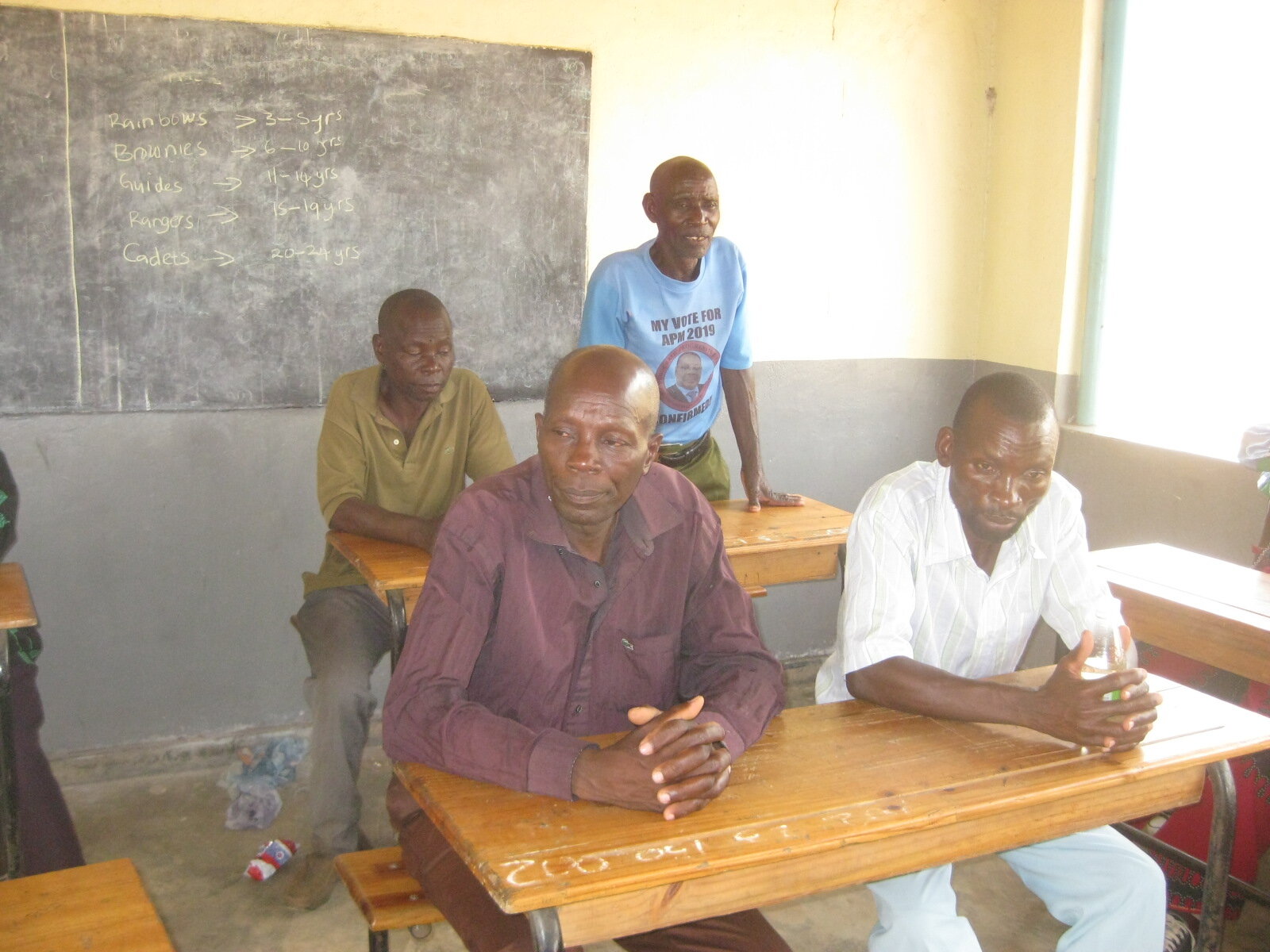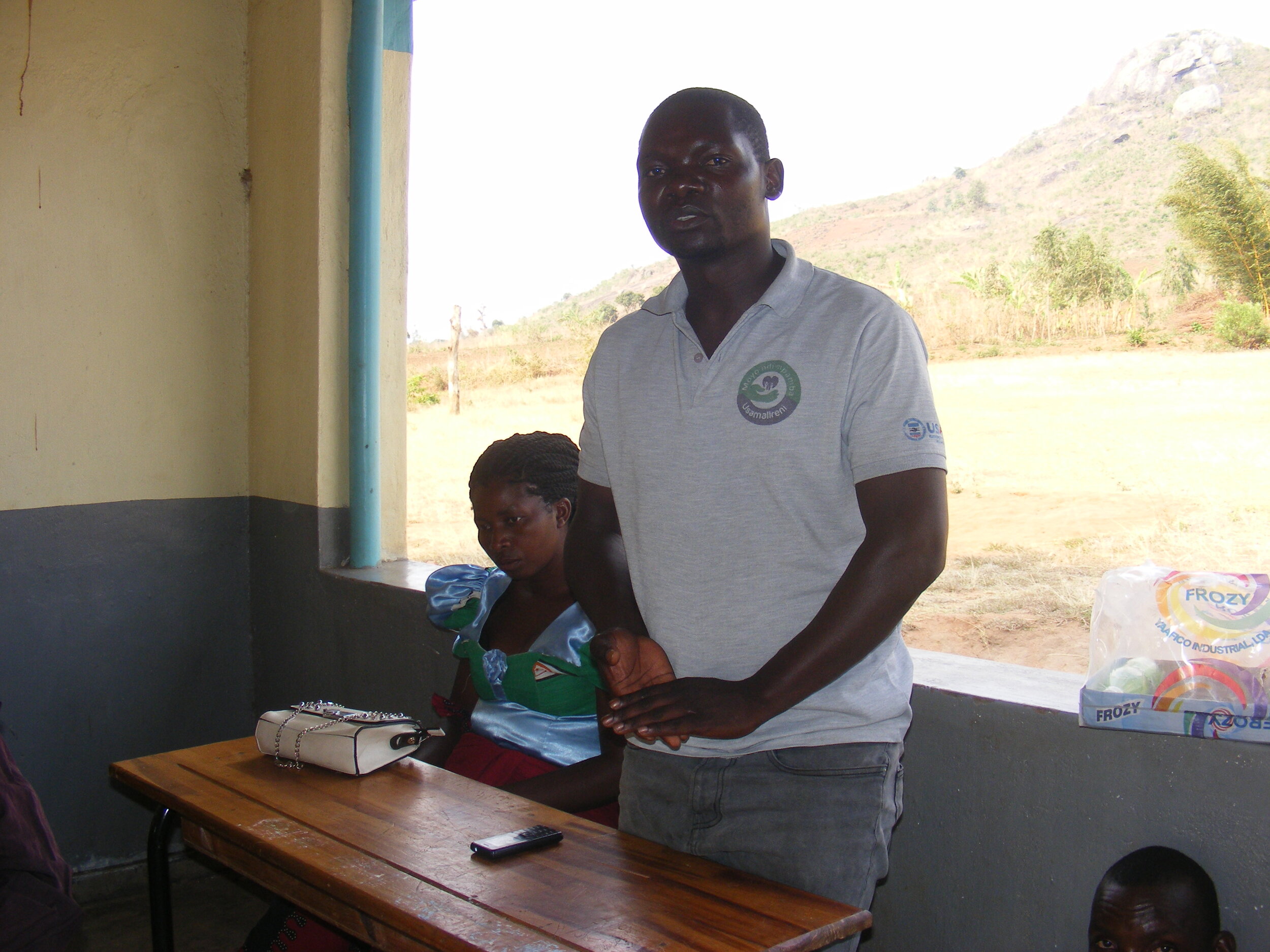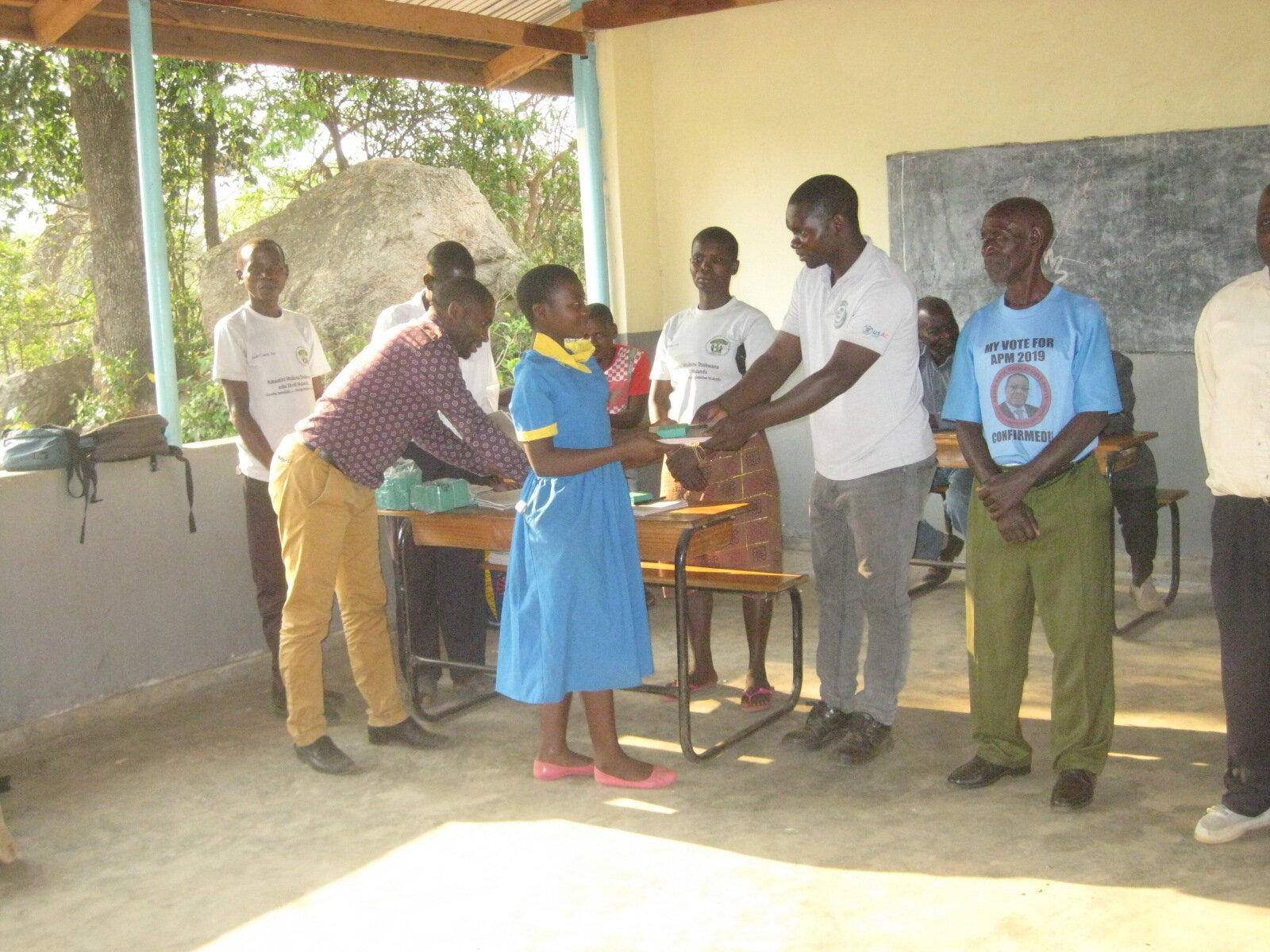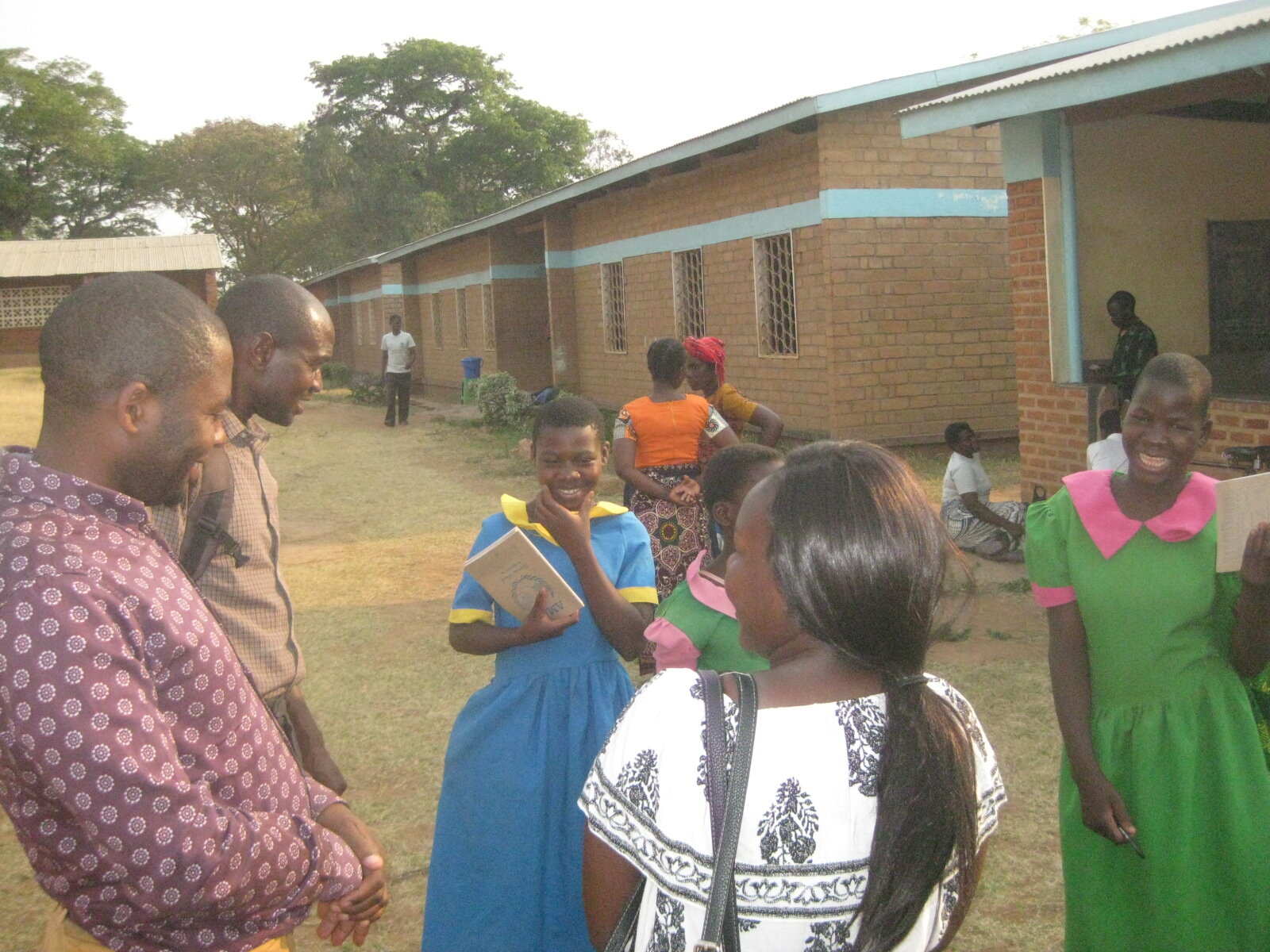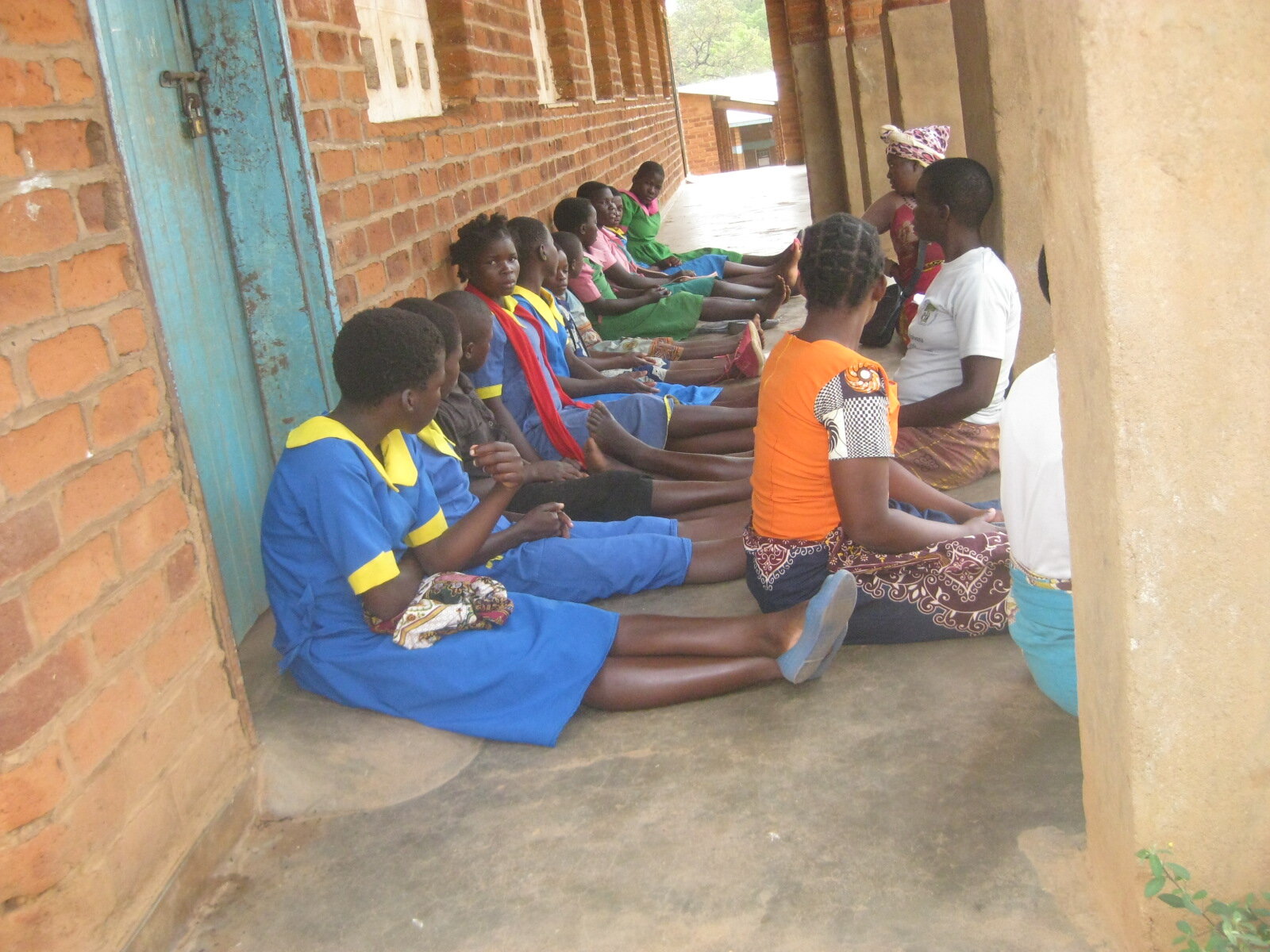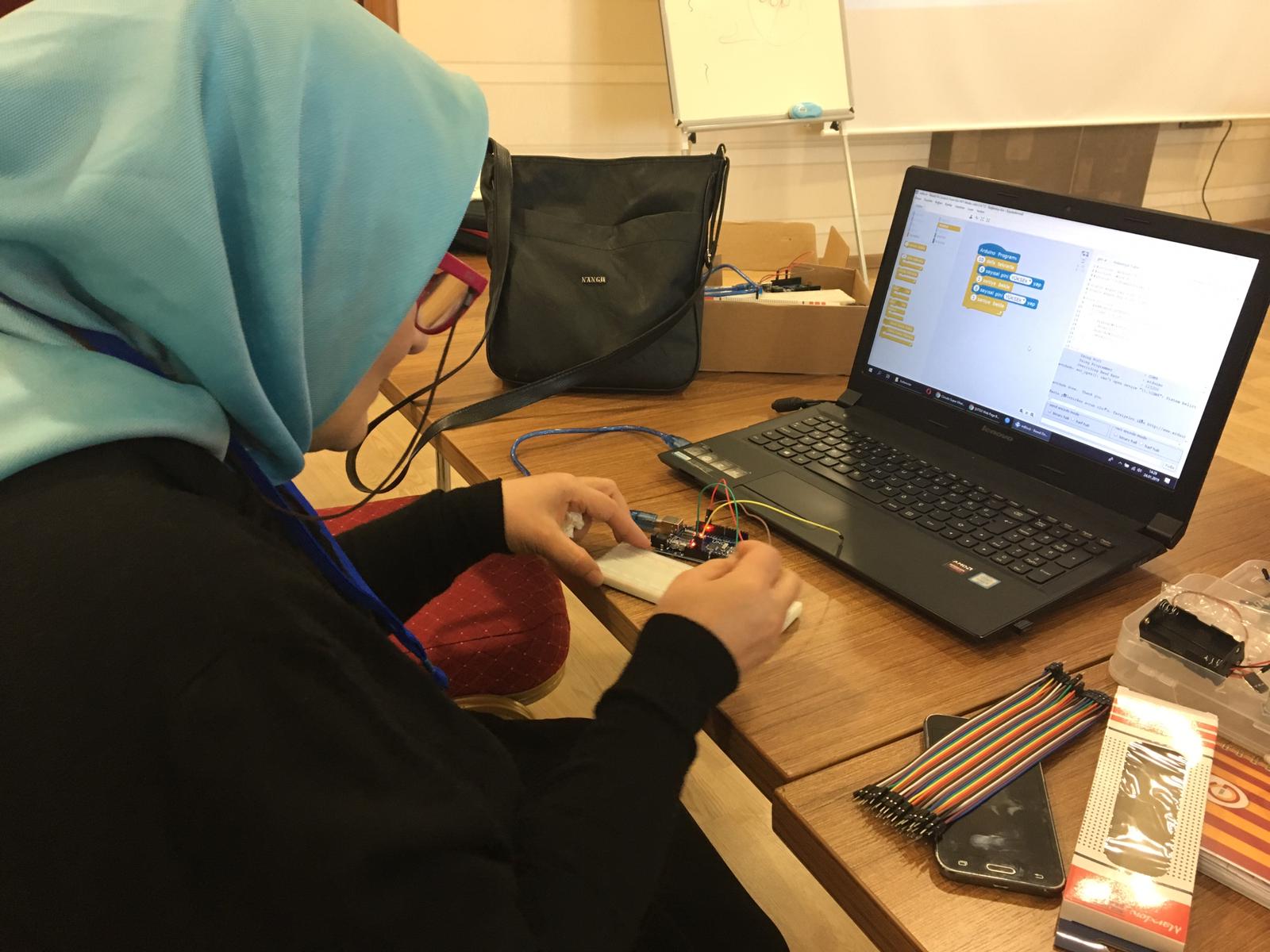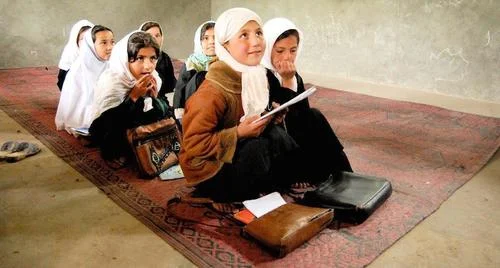Throughout the COVID-19 pandemic many of Rockflower’s partners have been forced to suspend their projects for a period of time. Some organizations completely pivoted their planned projects and others created new projects to address the challenges faced by their communities as they battled the pandemic, more specifically, lack of resources and lack of education around COVID-19.
The DRC is currently designated by the CDC as a Level 4 COVID-19 Zone, meaning that they have a very high level of transmission currently. To date, the nation has reported more than 50,000 confirmed cases of COVID-19. The pandemic has thrown fuel on an already blazing fire of devastation in a country in the midst of battling rampant terrorism, violence and further displacement of its citizens.
The humanitarian situation in the DRC is catastrophic. Terrorist groups including the ADF, which the United States has deemed a terrorist group, are considered the deadliest of scores of armed militias that roam the country. Since 2013, the ADF has killed over 6,000 civilians. Terrorism and attempts at ethnic cleansing have lead to the current situation in which 4.5 million people are internally displaced, and more than 890,000 people from Congo are registered as refugees and asylum seekers. Recently, U.S. special forces were authorized to intervene to help the Congolese army fight the Allied Democratic Forces, an armed rebel group.
Rockflower partner, Solidarité des Femmes pour le Développement Intégral (SOFDI), a community-based, not-for-profit organization based in the Fizi Territory of the Democratic Republic of Congo (DRC), launched a project in February to empower and educate women in the face of the pandemic. Rockflower funded this six-month micro-project that aimed to address these needs. This project has since been completed, and SOFDI has shared an update on the overall impact.
The COVID-19 Response Micro Project was mutli-faceted and addressed issues affecting women and children in the Fizi Territory. The team at SOFDI installed a number of hand-washing stations in public spaces and schools, educated teachers and community members about the virus, on how to prevent it and in addition distributed much needed food.
One of SOFEDI’s public hand-washing stations.
They also provided 60 women with professional training in order to gain economic independence. The team was able to additionally include education on gender-based violence during the group gatherings. SOFDI raised awareness by creating a public campaign promoting COVID-19 preventative measures and the newly installed hand washing stations through radio broadcasts, megaphone announcements, pamphlets and banners throughout the community. The goal of the project was to directly work with 60 women to improve their education of public health, women’s health, and economic opportunities. In addition this indirectly affected thousands of people by providing hygiene materials and education around COVID-19.
Throughout the duration of the project, SOFDI conducted a number of interviews and field studies to better understand how effective the program was, and how they could continue to educate and empower the community moving forward. They found that there was a significant increase in the understanding of COVID-19 and its effects. Before the program, 37% of those interviewed were aware of the effects COVID-19, as compared to 86% at the end of this project, a nearly 50% increase. They also saw a 15% increase in community members who were practicing at least two preventative barrier measures. These include social distancing, mask wearing, restraining from physical contact, washing hands often and limiting indoor gatherings.
Additionally, 60 disadvantaged women were chosen to participate in the program, where they were divided into four groups, or cooperatives, and met weekly to discuss issues relating to the pandemic and to learn valuable job skills. Five women in each group were selected to pursue vocational training, in entrepreneurship and agricultural business. They focused on tailoring, soap making and information technology. The group leaders were then able to share what they had learned with the rest of their cooperatives. These women received valuable employment skills, as well as important information about COVID-19 that they could then share with other community members.
Addressing the community’s knowledge around COVID-19 was the primary goal of this project, however the organization was able to take advantage of these educational gatherings to address issues related to the promotion and defense of women’s rights each week. In these sessions, the women discussed issues of gender-based violence, human rights and sexual and reproductive health. The organization found significant improvement in the group’s knowledge of female empowerment and safety.
Looking forward, SOFDI aims to continue educating the community about COVID-19 and work toward stopping the spread of the virus. They are also hoping to set up a number of vocational centers for women and girls, where they can learn valuable job skills, as well as gain knowledge on women’s rights. The COVID-19 Mini-Project has had a significant positive impact on this community, for which the pandemic has added yet another layer of struggle to an already dire humanitarian situation affecting the DRC. Rockflower looks forward to continuing to support SOFDI as they consistently work to improve the lives of disadvantaged women and girls.








